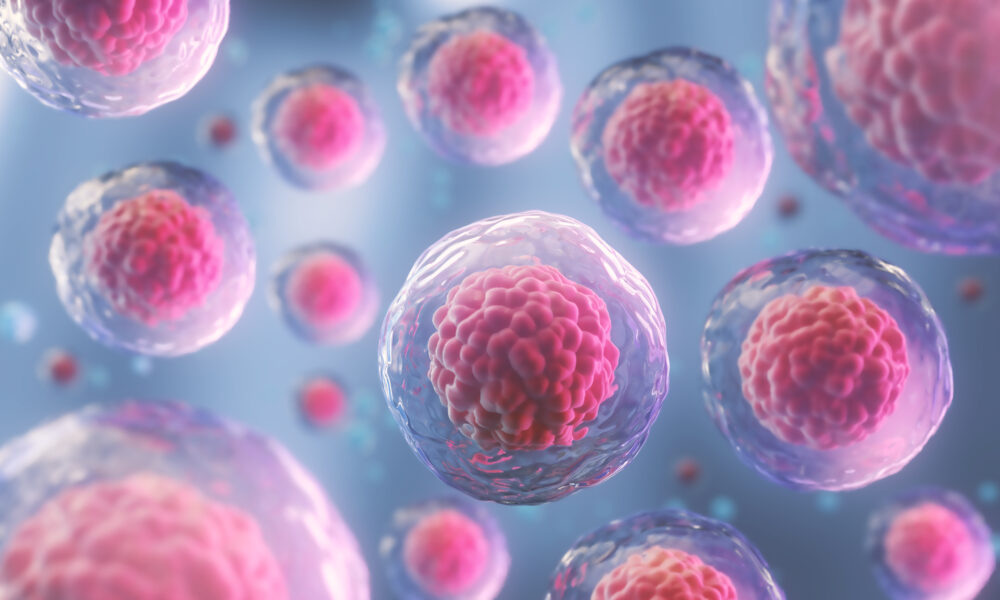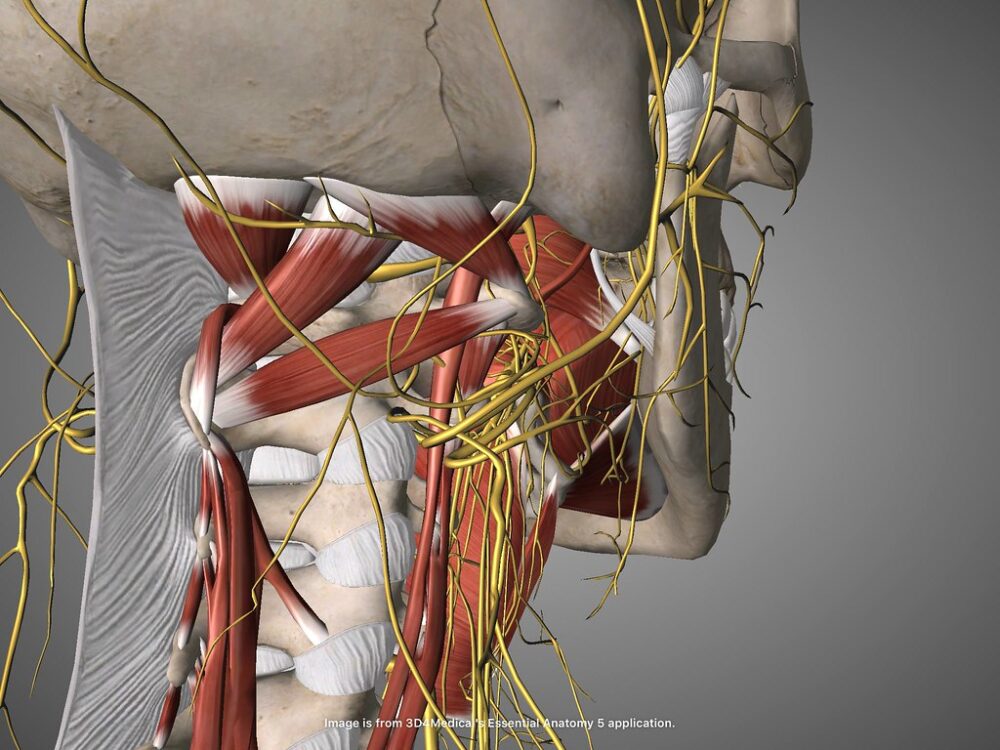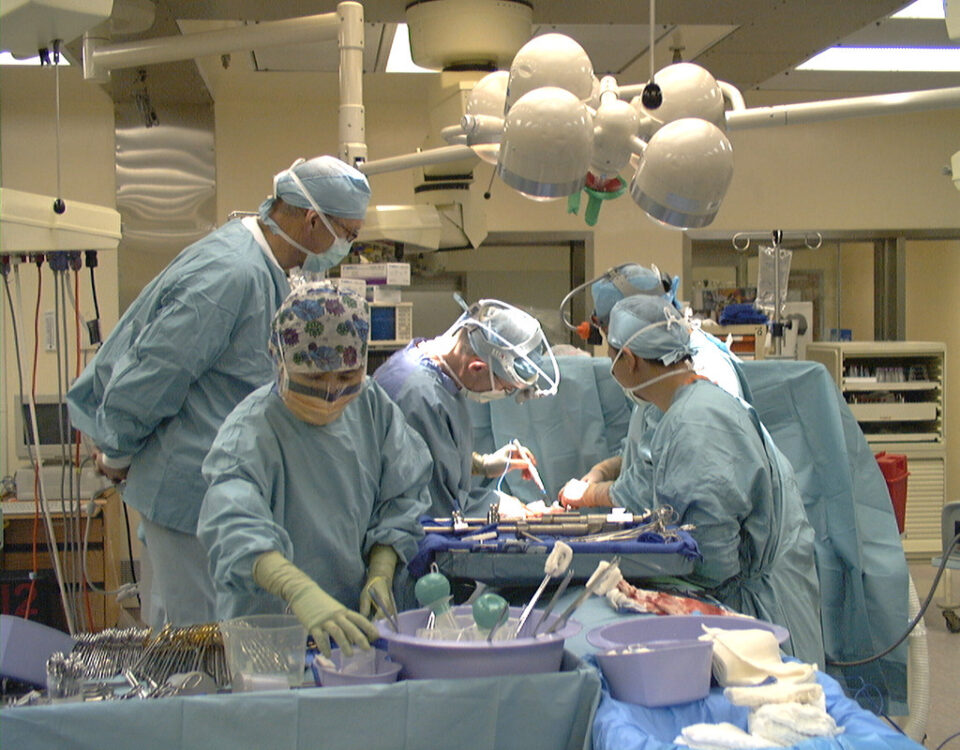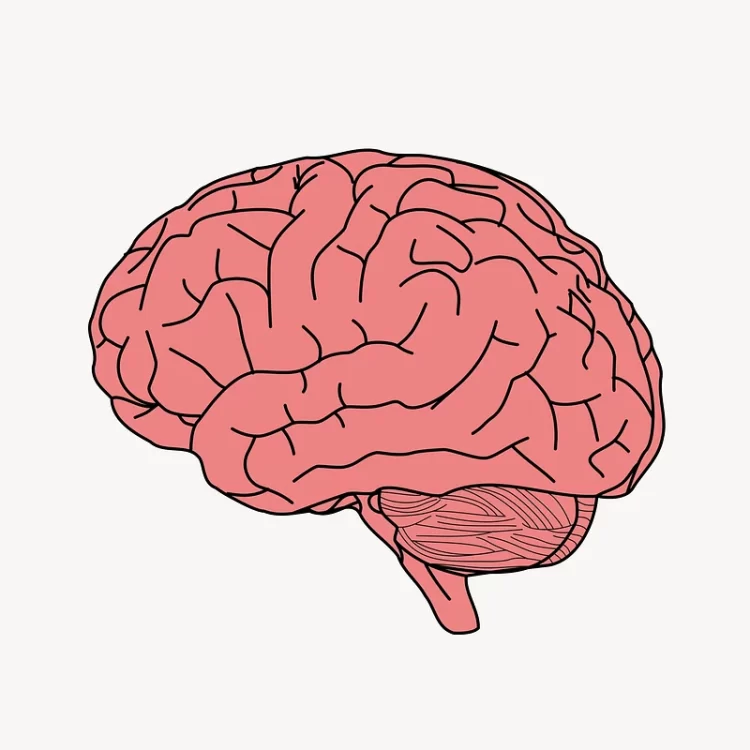Battles on multiple fronts: The power of combination immunotherapy in cancer treatments
The human immune system is built on a foundation of complex networks. Together, many different types of immune cells and organs do everything from staving off infection to killing cancerous tumors. Inspired by the immune system’s versatility, scientists have been exploring its uses in cancer treatments by directly targeting some of these cells, an approach […]
Battles on multiple fronts: The power of combination immunotherapy in cancer treatments Read More »







